Türkiye is set to take the pulse of foreign policy this week as it prepares to host leaders from over the world for meetings with President Recep Tayyip Erdoğan, as well as the much anticipated Antalya Diplomacy Forum.
First on the schedule is a visit from Indonesian President Prabowo Subianto – upon Erdoğan’s invitation – at the presidential complex in the capital, Ankara, on Thursday.
Subianto is also expected to deliver a speech at Parliament and become the third sitting Indonesian leader to deliver such a speech after the country’s first president, Sukarno and sixth president, Susilo Bambang Yudhoyono.
The two countries enjoy close ties, and Erdoğan and the Indonesian leader exchanged greetings for Ramadan Bayram, also known as Eid al-Fitr, in a phone call last week.
Türkiye and Indonesia commemorate the 75th anniversary of diplomatic relations this year. Relations further strengthened under Erdoğan’s lengthy tenure, first as prime minister and later as president.
In 2019, Türkiye launched its Asia Anew initiative to bolster ties with Asian countries. According to the Turkish Foreign Ministry, it aims to capitalize on potential opportunities for co-operation with Asian countries. The initiative covers a policy based on common interests and objectives through regional, sub-regional and country-specific approaches.
‘Mini UN’
In a similar vein, Türkiye will kick off the fourth edition of its Antalya Diplomacy Forum in the southern resort city of Antalya later this week.
From April 11 to April 13, nearly 20 heads of state and government, 60 foreign ministers, and some 60 regional and secretaries-general of international organizations will attend the forum.
Erdoğan and Foreign Minister Hakan Fidan will hold important bilateral meetings at the forum, referred to as the “Mini U.N.”
Other heads of state and foreign ministers will also come together on the margins of the forum.
The event in the eponymous Mediterranean Turkish city showcases Türkiye’s rising profile in international affairs through its multifaceted diplomacy.
This year’s theme “Reclaiming Diplomacy in a Fragmented World” reflects the pressing need for diplomacy to reassert itself as a stabilizing force, amid rising global divisions, organizers said.
While participation at the level of heads of state and ministers from friendly and allied countries is anticipated, great interest is also expected from representatives of international organizations, especially the European Union.
Erdoğan is also expected to attend the forum and deliver a speech explaining his Türkiye-centered perspective on world affairs.
“Growing geopolitical rifts, deepening global inequalities, the surge in violence targeting civilians, intolerance toward divergent views, uncertainties driven by technological disruptions and the multidimensional impact of the climate crisis have all shaken the common sense of justice and eroded trust in international institutions,” a statement on the forum’s website says.
“The inability of the current international system to find solutions to these contemporary challenges has further strained the already struggling cooperation efforts. In an era of heightened instability and unpredictability, marked by complex challenges and multiple crises, the Antalya Diplomacy Forum aims to evaluate the systemic problems of the multilateral order and foster dialogue on reclaiming diplomacy in a rapidly evolving international environment.”
The Antalya Diplomacy Forum will gather global leaders, policymakers, academics, business experts and representatives of media and civil society to explore how diplomacy can turn the tide and navigate a fragmented world to find common ground for collective action.
It aims to inspire dialogue to redefine the role and core principles of diplomacy in an increasingly polarized atmosphere. By discussing the root causes of various problems, the forum will encourage policymakers to reconsider how diplomacy can manage these turbulent times, with a focus on innovative tools for conflict resolution, mediation strategies and regional cooperation mechanisms.
To help create a more effective and cohesive international system, the forum will look for new solutions to address the failures of global governance by examining the dysfunction and lack of trust in international organizations.
The role of nongovernmental stakeholders complementing traditional diplomatic efforts will also be elaborated to discover how diplomacy can become more inclusive, adaptable and resilient.
It will provide a forward-thinking platform for participants from all around the world to work on joint strategies to make diplomacy the driving force for peace and cooperation.

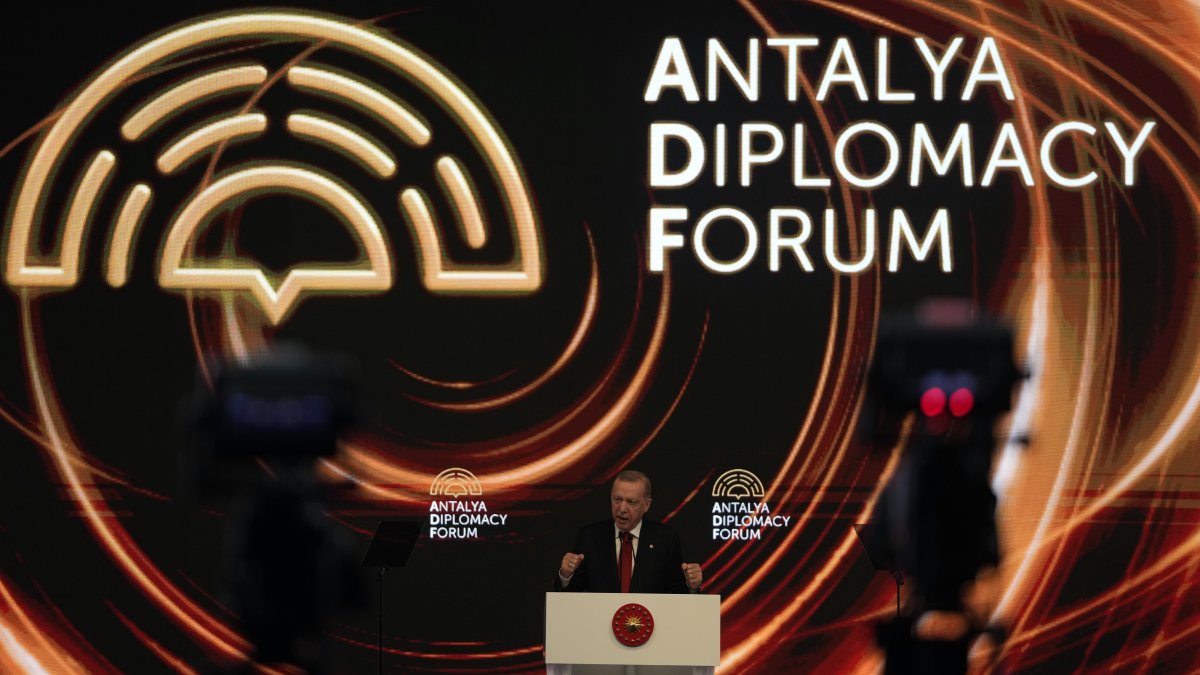
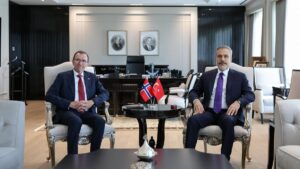
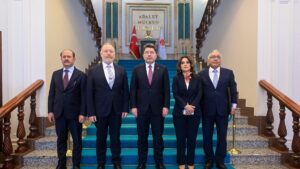

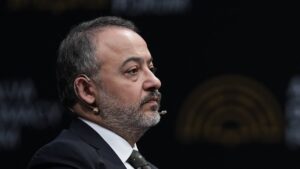
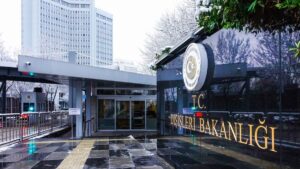
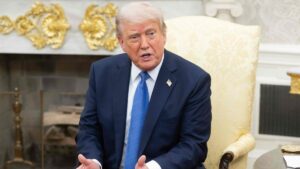
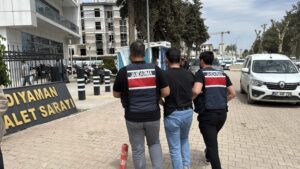
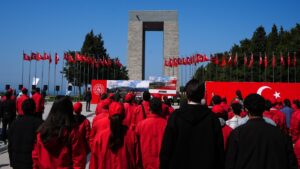
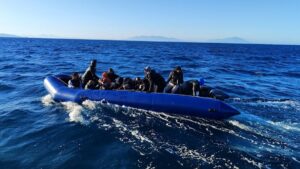
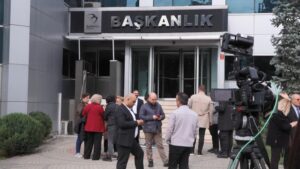
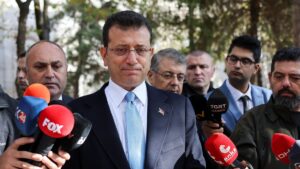
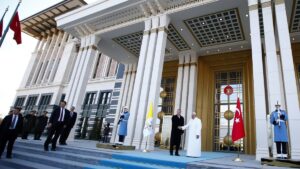
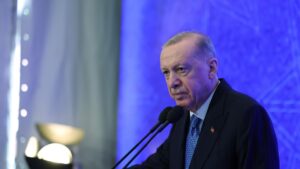
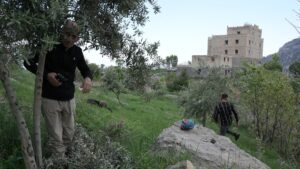
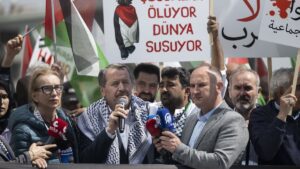
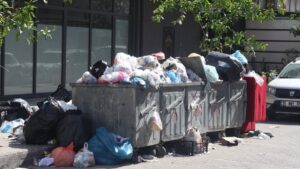
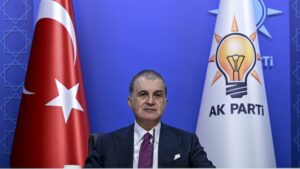
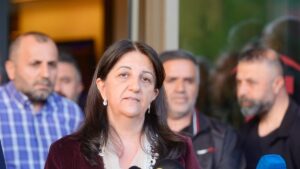

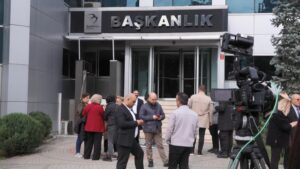
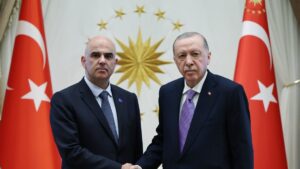

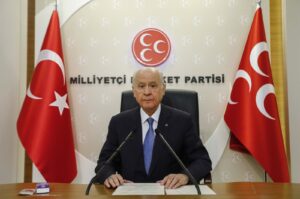
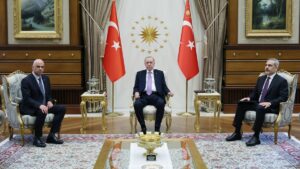
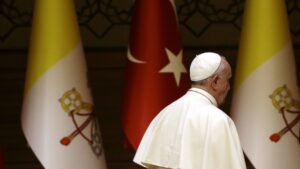
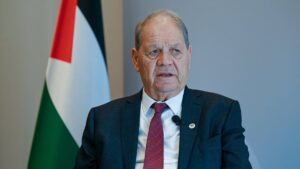
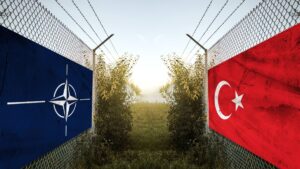

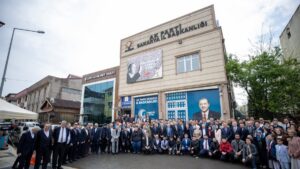

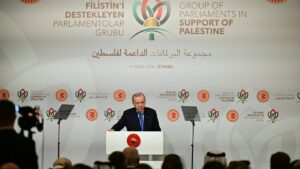
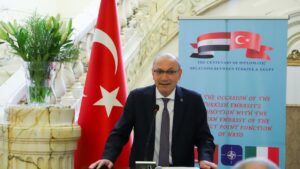
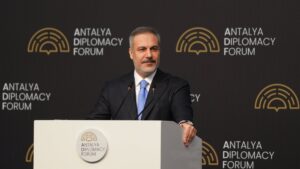

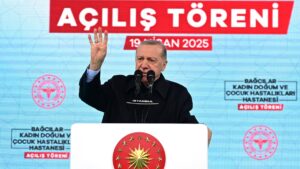
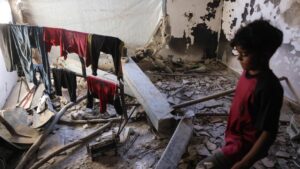
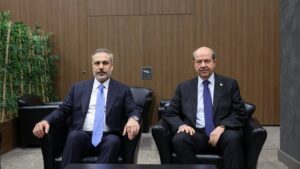
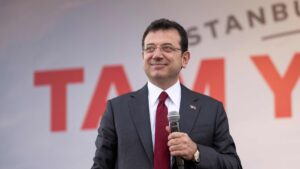

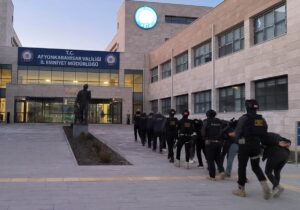
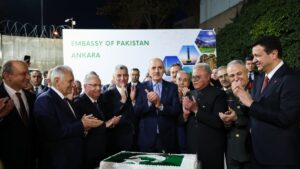
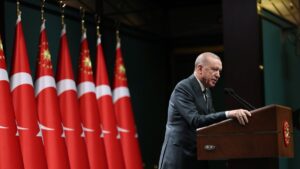
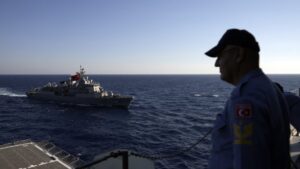
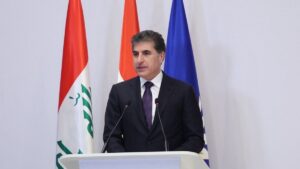
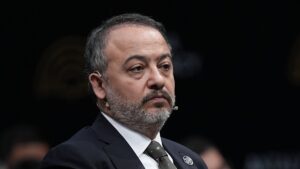
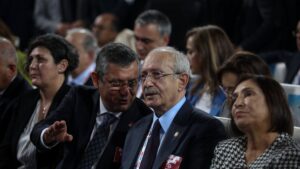
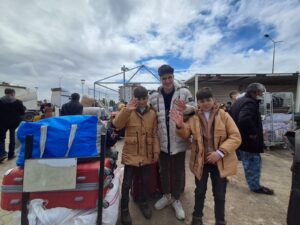
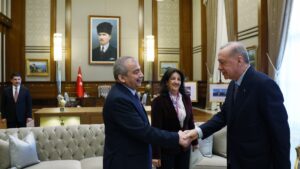
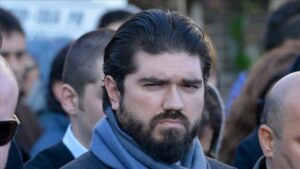
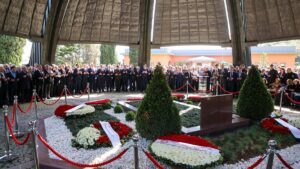
Be First to Comment